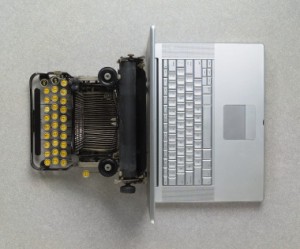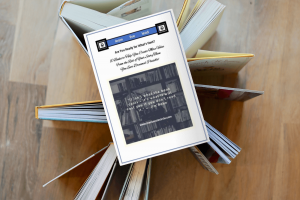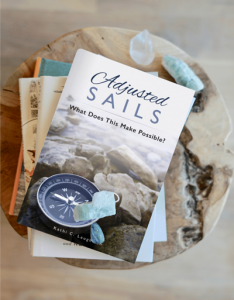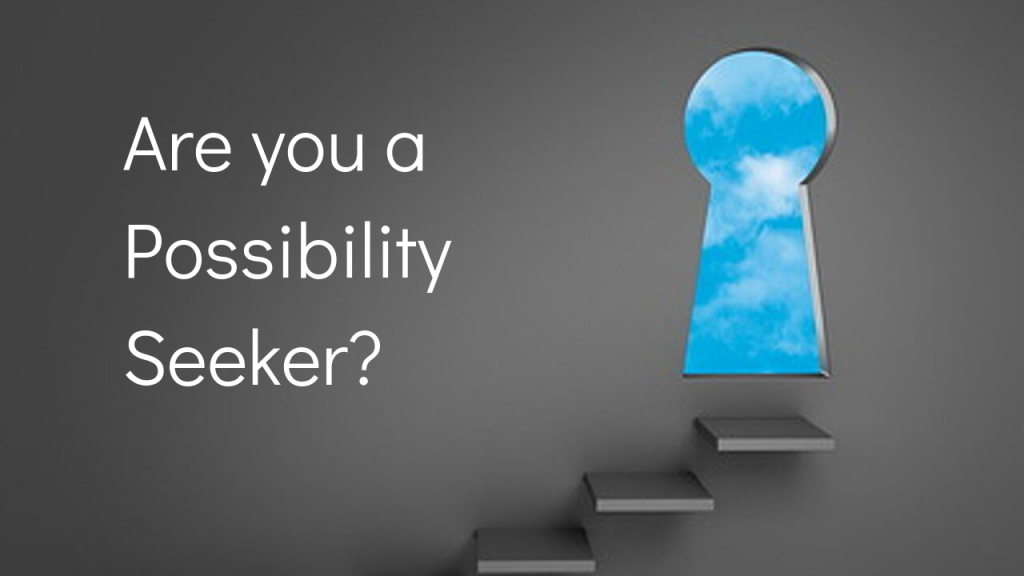 The subject of change is something I have been studying now for some time. It is interesting to me how differently we each view change overall. It’s also interesting that we don’t recognize all change in the same ways. Some things that are obvious changes, we don’t even put in that category.
The subject of change is something I have been studying now for some time. It is interesting to me how differently we each view change overall. It’s also interesting that we don’t recognize all change in the same ways. Some things that are obvious changes, we don’t even put in that category.
Here are five things that cannot be described as anything other than change and yet we don’t necessarily “categorize” them as change:
1) Our calendar system. Today is not tomorrow and tomorrow is not yesterday. Each day is unique. Every day we get a new one. That is change.
2) Our appearance. We do not expect to look the same at 2 years old as we do at 20. We also don’t expect to look the same at 50 as we did at 30 no matter how badly we might want it!
3) The seasons. Everything changes. And depending upon where you live, they will change differently. Having lived in different parts of the United States, I have experienced different seasons but one thing is for certain- there were always seasons. They came around every year. And lately, even what happens within the season changes.
4) Money. This one is really a great discussion point. We don’t expect to earn the same amount at 40 as we did at 20. We don’t expect to pay the same thing for a car in 2013 as we did ten years ago. We don’t even expect to pay the same price for a gallon of fuel from one week to the next. We also don’t expect to pay the same amount for something at every store, every day.
5) Time. Constantly moving. Forward. We can’t turn back time. And we can’t make it stand still. It’s going to constantly be ticking away and changing.
If these things are obviously about change, why don’t we think of them as change? I believe that it because of our perspective. When we “expect” something to change, we are prepared for it. We plan for it. We even begin to look forward to it in many cases.
We look forward to future events! We look forward to Fridays! We embrace changes in our appearance by evolving with them. Whether it is changing our hairstyle, our wardrobe, or anything else. It is part of what is uniquely “us”. The seasons each bring their own unique activities. We plan our lives around those opportunities. It starts becoming clear that anticipating change is part of what enables us to enjoy change.
How then can we transfer that perspective to our overall lives? We can start with understanding that everything in our life is always subject to change. And everything is always in a cycle. Wherever we are, we are not meant to stay there. And whomever we are, we are not meant to remain that person. We are meant to grow. That is change. Once we begin to anticipate change and plan for it, we will be at the place where we welcome it like the old friend it should be.













